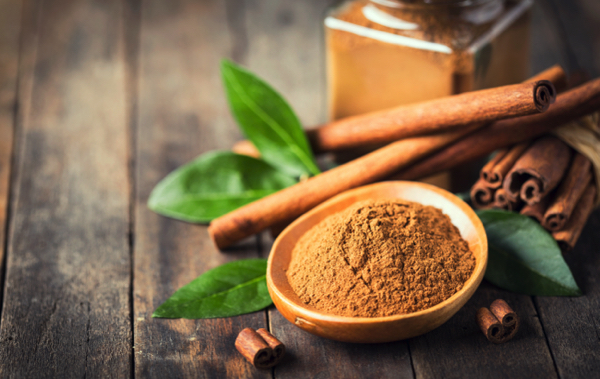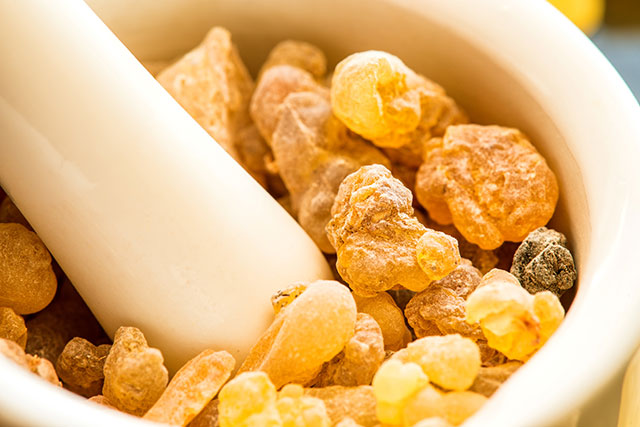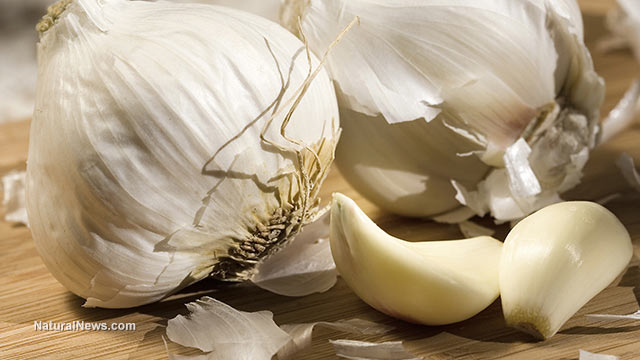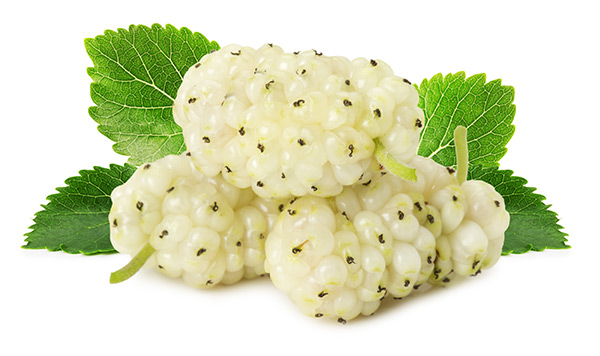
In recent years, attention has shifted to the potential of Traditional Chinese Medicine (TCM) in addressing these issues. TCM monomers – natural compounds derived from medicinal herbs and other plant sources – have shown promise in regulating the P13K/Akt pathway with fewer side effects compared to conventional treatments. (Related: How to prevent and heal cervical cancer naturally.)
Researchers are increasingly exploring these monomers as an alternative or complementary approach to cervical cancer treatment, offering hope for safer and more effective therapies. With its roots in thousands of years of practice, TCM may hold the key to new, gentler treatment options for this devastating disease that remains a significant health concern worldwide, particularly in low- and middle-income countries where it is a leading cause of death among women aged 20-39.
Below are some of the well-studied TCM monomers and their effects on cervical cancer.
Alkaloids
Found in numerous medicinal plants, alkaloids have demonstrated potent anticancer effects. Compounds, such as harmine, matrine, oxymatrine and sinomenine, are known to inhibit the proliferation, invasion and migration of cervical cancer cells. They also induce apoptosis – making them effective in both laboratory (in vitro) and animal (in vivo) models of cancer.
Cinnamaldehyde
Extracted from cinnamon, cinnamaldehyde has emerged as a promising anticancer agent. Research showed that in mouse models of cervical cancer, cinnamaldehyde blocked the P13K/Akt signaling pathway, inhibiting tumor growth and improving overall health. Doses of 60 mg/kg and 240 mg/kg administered for 14 days significantly reduced tumor development – highlighting its potential as a novel treatment option.
Other monomers, such as beta-elemene, fucoxanthin, schisandrin B and zeylenone, have similar structures similar to cinnamaldehyde. These monomers also effectively block cell cycle progression, inducing apoptosis and restraining the growth of cervical cancer cells.
Flavonoids
Naturally occurring in many plants and common in fruits and vegetables, flavonoids offer a wide range of health benefits. Their anticancer properties, including antioxidant and anti-inflammatory activities, are well-documented. Examples, such as ampelopsin, apigenin, baicalin, baicalein, formononetin, isoorientin, kaempferol, liquirigenin, luteolin and quercetin, have been found to inhibit the invasion, migration and proliferation of cervical cancer cells while inducing apoptosis and blocking cell cycle progression.
Polyphenols
Widely found in foods and drinks, such as fruits, nuts, soy, spices, tea, vegetables and wine, polyphenols have strong anticancer effects due to their antioxidant and anti-inflammatory properties. Polyphenols, like curcumin, paeonol and resveratrol, are known to modulate molecular targets in cancer cells – suppressing their invasion, migration and proliferation while promoting apoptosis and autophagy, which is the process of cellular self-destruction.
Quinones
These are plant-derived compounds known for their antimetastatic and antiproliferative effects on various cancers. In the context of cervical cancer, monomers, like juglone, polydatin, quinalizarin and shikonin, have been shown to inhibit cancer cell growth, halt cell cycle progression and promote apoptosis.
Saponins
Found extensively in plants, saponins have demonstrated significant anticancer potential, including cytotoxic, cytostatic, pro-apoptotic, and anti-invasive activities. Their ability to induce apoptosis, block cell cycle progression and suppress cell proliferation has been evidenced in various cancer studies. Compounds, such as astragaloside IV, ginsenosides extracts, RCE4 and saponins extract from Panax notoginseng are among the most effective in treating cervical cancers.
Terpenoids
Representing the largest class of natural compounds, terpenoids with notable anticancer properties, include betulin, betulinic acid, celastrol, corosolic acid, ganoderic acid A, glaucocalyxin B, glycyrrhizin, norcantharidin, oridonin and pseudolaric acid B. They have shown antitumor activities, including the inhibition of cancer cell proliferation, induction of apoptosis and disruption of cell cycle progression. Their diversity and effectiveness make them a highly-studied group in cervical cancer research.
In summary, TCM monomers offer a natural and promising alternative for cervical cancer treatment – particularly through their ability to regulate the P13K/Akt pathway. These compounds, with their diverse biological activities and lower toxicity compared to conventional treatments, have opened new avenues in the fight against cervical cancer.
Visit Herbs.news for more stories like this.
Watch this video about cinnamaldehyde from cinnamon.
This video is from the Daily Videos channel on Brighteon.com.
More related stories:
Shiitake mushrooms can help prevent cervical cancer, study.
Vinegar technique used in rural villages helps prevent cervical cancer.
The cervical cancer vaccine may not work, but broccoli does.
Cure cervical cancer through diet, yoga and meditation.
Sources include:
Please contact us for more information.


















